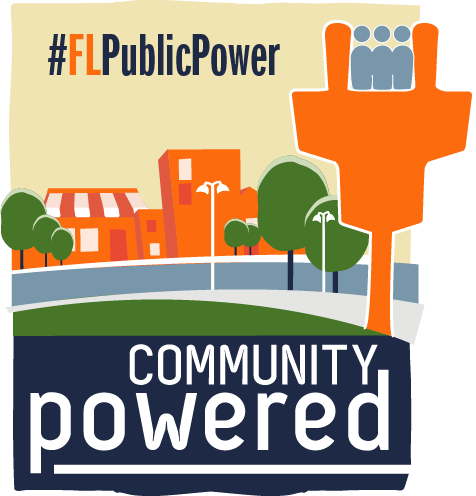Gov. DeSantis Signs 38 Bills into Law
 Gov. Ron DeSantis on Friday signed 38 bills, including a controversial measure that will make it harder for groups and citizens to put proposed constitutional amendments on the ballot.
Gov. Ron DeSantis on Friday signed 38 bills, including a controversial measure that will make it harder for groups and citizens to put proposed constitutional amendments on the ballot.
Lawmakers passed the measure (HB 5) amid petition drives designed to place a series of issues on the November 2020 ballot, including proposed amendments to increase the minimum wage, expand Medicaid, overhaul the electric-utility industry, ban assault-style weapons and revamp primary elections.
The bill places new restrictions on the petition-gathering process, which plays a critical role in getting initiatives on the ballot. For the November 2020 election, as an example, supporters of amendments need to submit 766,200 valid petition signatures to reach the ballot.
Among other things, the bill makes it illegal to pay petition gatherers based on the number of petitions they collect, a change that is expected to drive up costs for amendments backers. Also, the bill requires submission of information about petition gatherers, including their permanent and temporary addresses and dates of birth. In addition, it requires petitions to be turned into county supervisors of elections no more than 30 days after being signed by voters and includes penalties of up to $50 for each late submission.
The prohibition on paid petition-gatherers takes effect immediately, while other petition-related changes in the bill will take effect in 30 days, according to a House analysis. The changes apply to amendments proposed for the 2020 ballot, though they do not affect signatures already gathered.
Supporters of the bill have said it is needed to combat fraud and efforts by out-of-state interests to use the initiative process to change the Florida Constitution.
"Thank you to the Florida Legislature for protecting Florida’s Constitution from out-of-state special interests and returning the process back to Florida citizens," the Florida Chamber of Commerce tweeted after the measure was approved last month.
But critics argued the Legislature was trying to block citizens from amending the Constitution.
“It weakens the people’s inherent rights to amend organic law in the Constitution. That’s a fundamental constitutional right that the Legislature is essentially eviscerating,” lawyer Glenn Burhans, who chairs a political committee backing an initiative that would change the primary-election system, told The News Service of Florida recently.
The bill with the petition-gathering changes was the highest-profile measure that DeSantis signed Friday. Others included:
--- HB 49, which is aimed at making sure women prison inmates have access to feminine products such as tampons and sanitary napkins.
--- HB 375, which will exempt hospice doctors from being required to check a state database before prescribing controlled substances to patients.
--- HB 525, which renames Florida Keys Community College and North Florida Community College to The College of Florida Keys and North Florida College.
--- HB 563, which will help domestic-violence victims receive unemployment compensation if they leave jobs because of the circumstances of the violence.
--- HB 5011, which will add one circuit judge in the 9th Judicial Circuit, one circuit judge in the 12th Judicial Circuit, one Flagler County judge and one Citrus County judge. The 9th Circuit is made up of Orange and Osceola counties, while the 12th Circuit is made up of DeSoto, Manatee and Sarasota counties.
Article reposted with permission from The News Service of Florida.
 Enter your email address in the
Enter your email address in the 